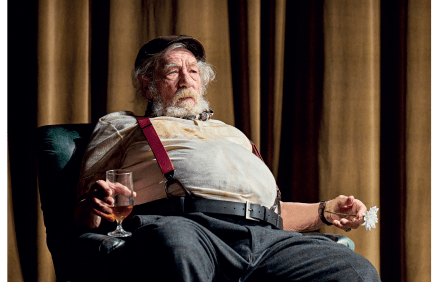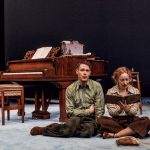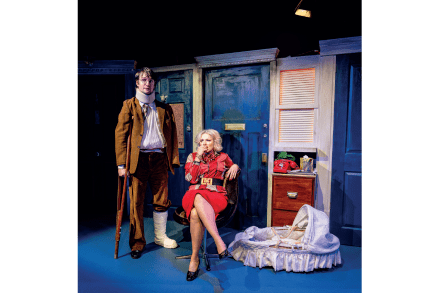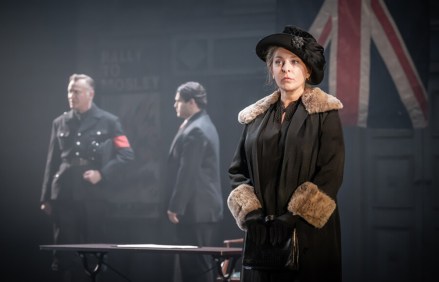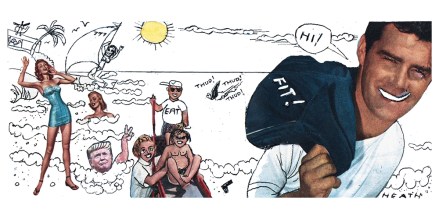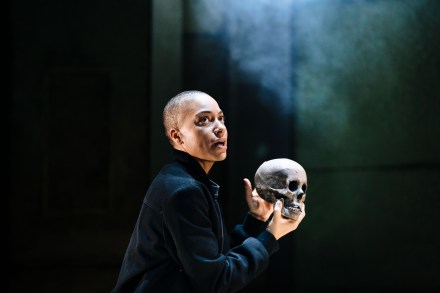Player Kings proves that Shakespeare can be funny
Play-goers, beware. Director Robert Icke is back in town, and that means a turgid four-hour revival of a heavyweight classic with every actor screaming, bawling, weeping, howling and generally overdoing it. But here’s a surprise. Player Kings, Icke’s new version of Henry IV, Parts 1 and 2, is a dazzling piece of entertainment and the only exaggerated performance comes from Sir Ian McKellen who plays Falstaff, quite rightly, as a noisy, swaggering dissembler. Those who imagine ‘Shakespearean comedy’ to be an oxymoron will be pleasantly surprised Small details deliver large dividends. The tavern scenes are set in an east London hipster bar with chipped wooden tables and exposed brickwork. Richard
